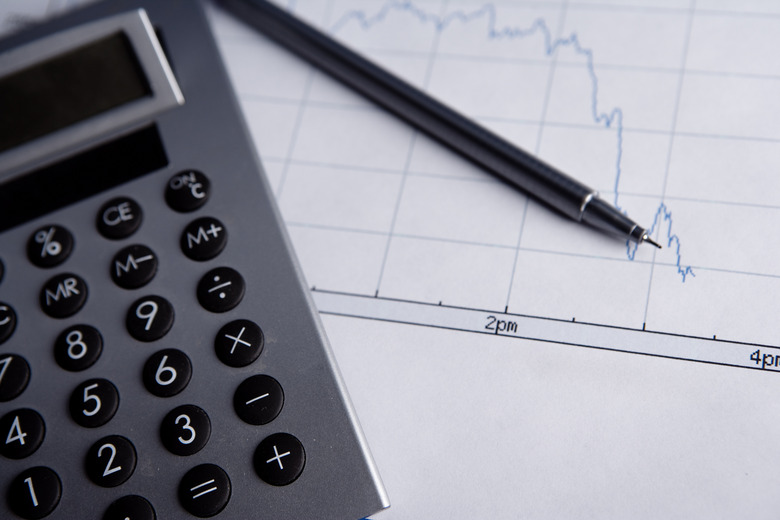Both milligrams per deciliter (mg/dl) and milligrams per milliliter (mg/ml) combine mass and volume units to produce measurements of density. While converting from just deciliters to milliliters would result in a greater measurement — since one deciliter can hold a hundred milliliters, converting from milligrams per deciliter to milligrams per milliliters accomplishes the opposite because you are dividing the volume measurement into the mass — so instead of dividing 1mg by 1 dl, you divide 1 mg by 100 ml. By working with the hundred that separates the two metric volume units, you can easily convert milligrams per deciliter to milligrams per milliliter.
Step 1
Divide the measurement in mg/dl by 100 to convert it to mg/ml. For example, 5,000 mg/dl divided by 100 converts to 50 mg/ml.
Step 2
Shift the decimal places two positions to the left to convert from mg/dl to mg/ml. For example, by shifting the decimal point in 40.5 mg/dl two places to the left, the density becomes 0.405 mg/ml. If the measurement doesn’t have a decimal point, then just add one at the right end of the measurement — hence 40 mg/dl becomes 40.0 mg/dl, then shifting twice to the left converts it to 0.4 mg/ml.
Step 3
Convert your density measurements with an online converter like the one at Convert Units (see Resources). Type the density in mg/dl in the appropriate space and click the “Convert!” button — the converted measurement will appear just below the inputted one.
TL;DR (Too Long; Didn’t Read)
Though the density may look like it decreases, the conversion just represents a smaller scale — the overall mass-to-volume ratio doesn’t change.

